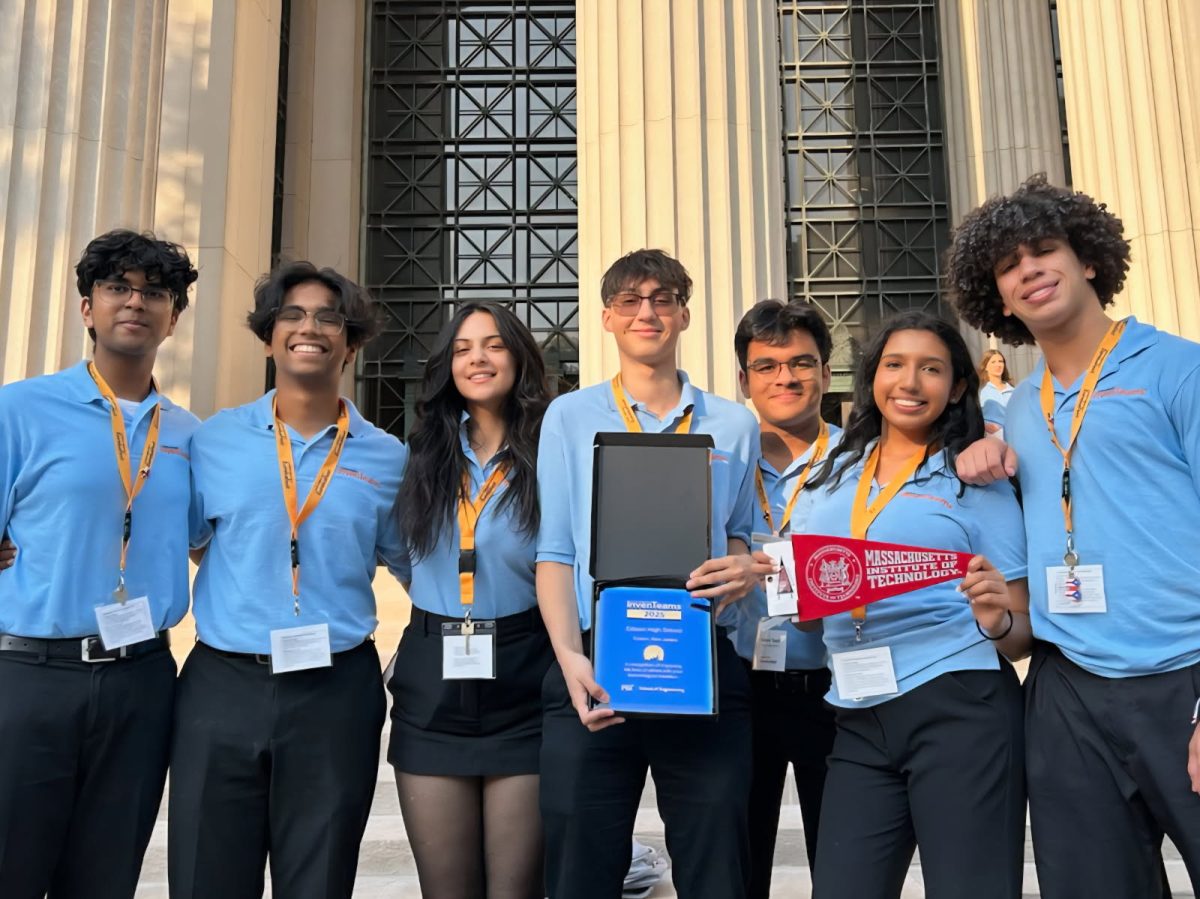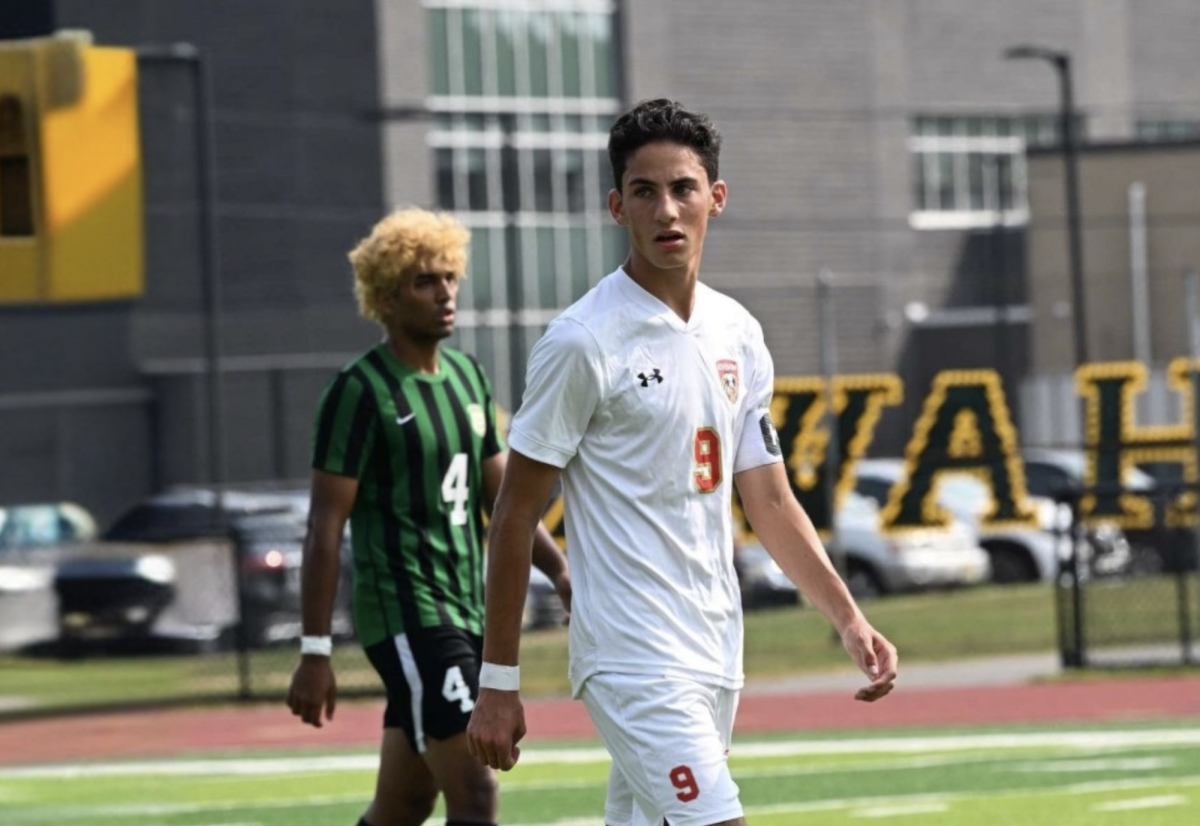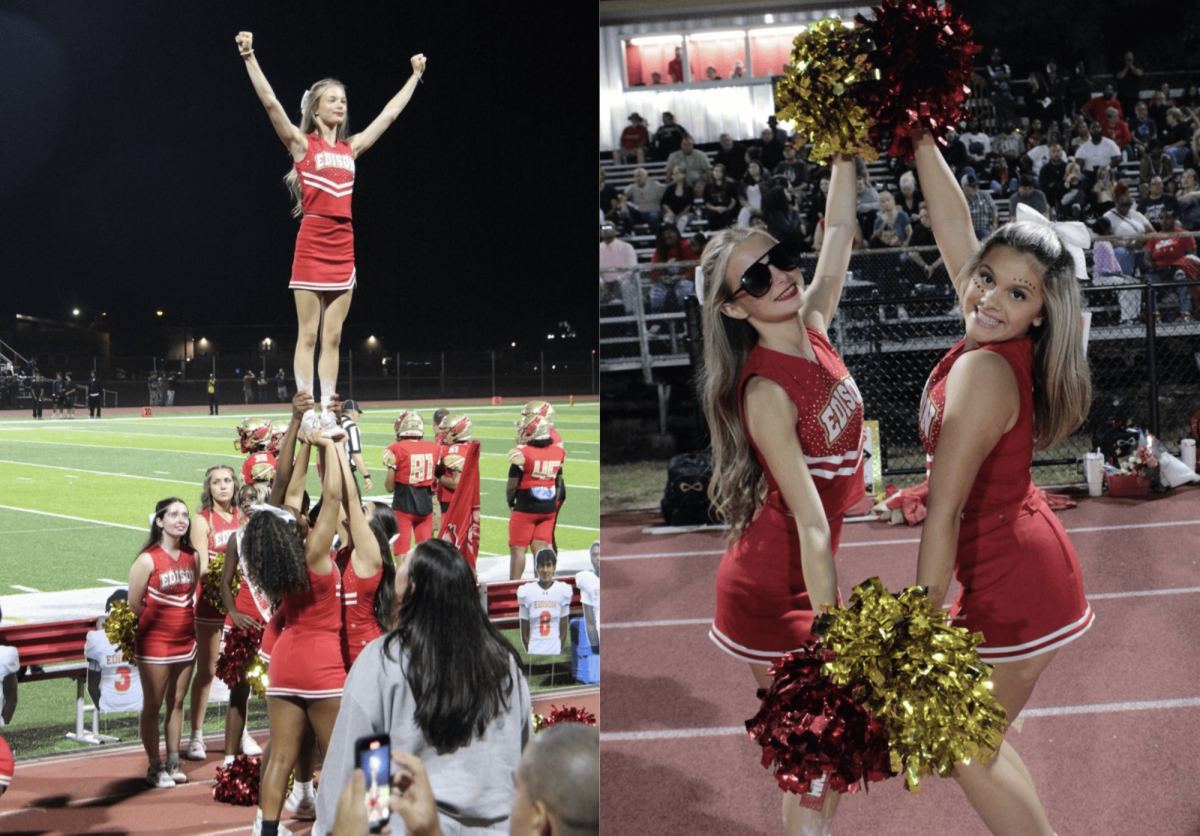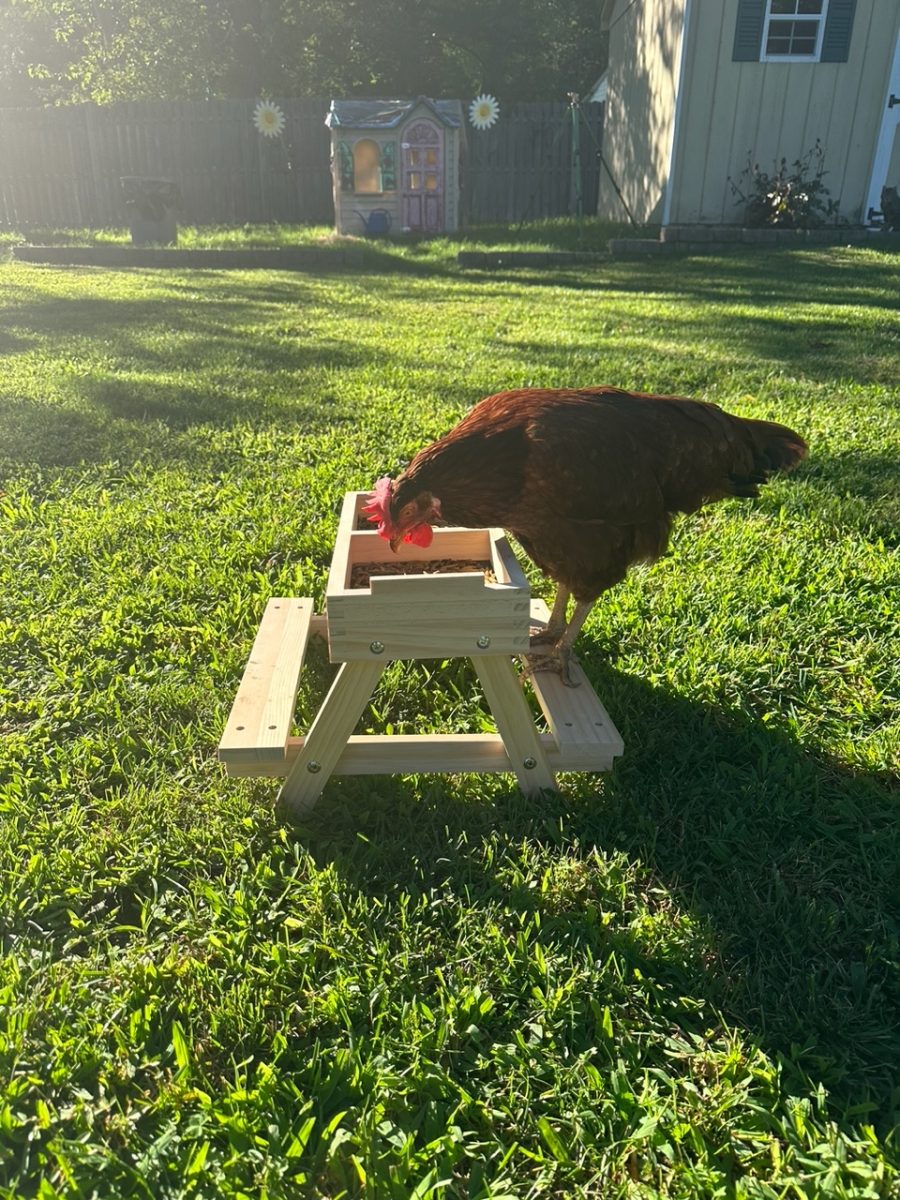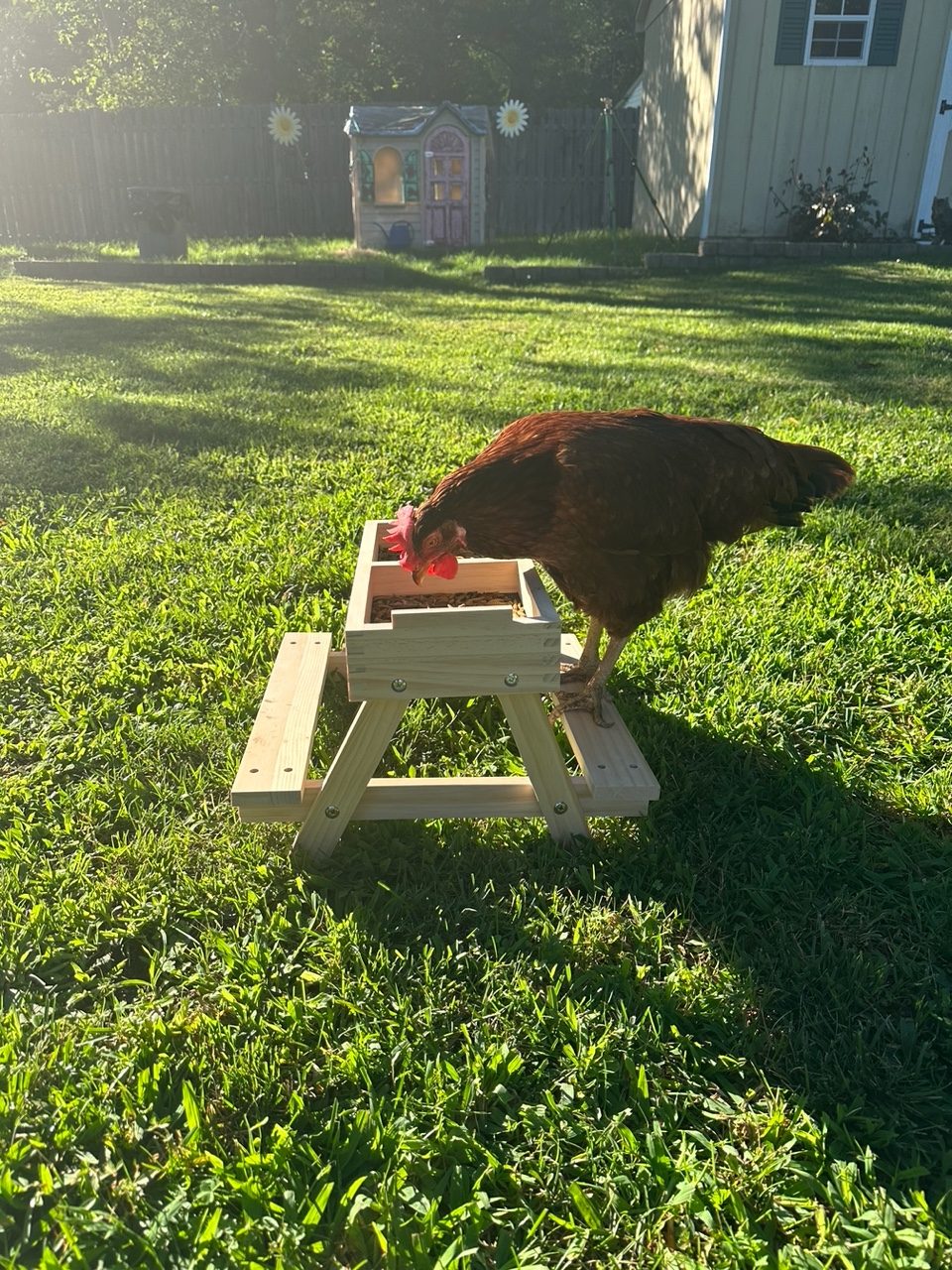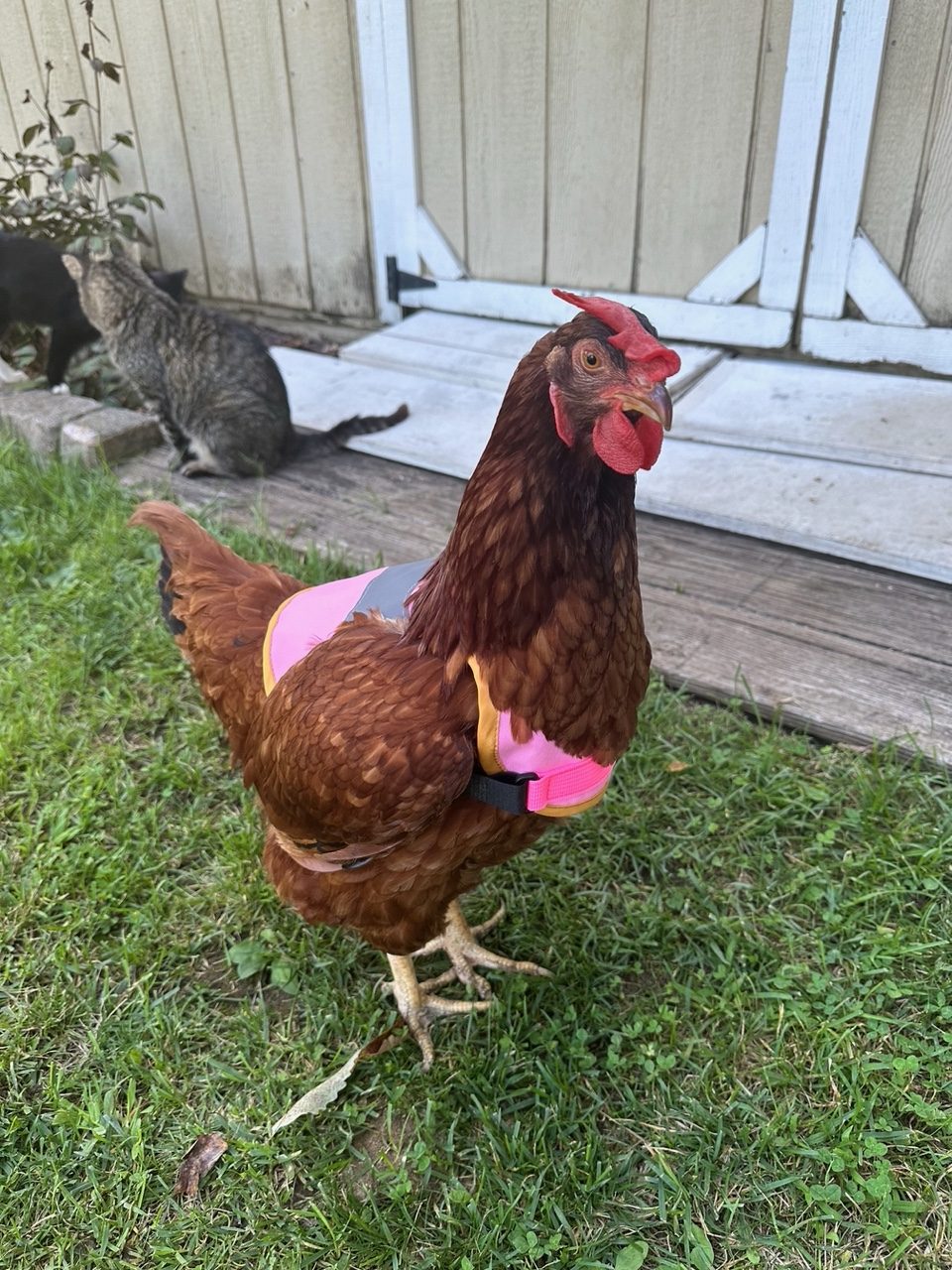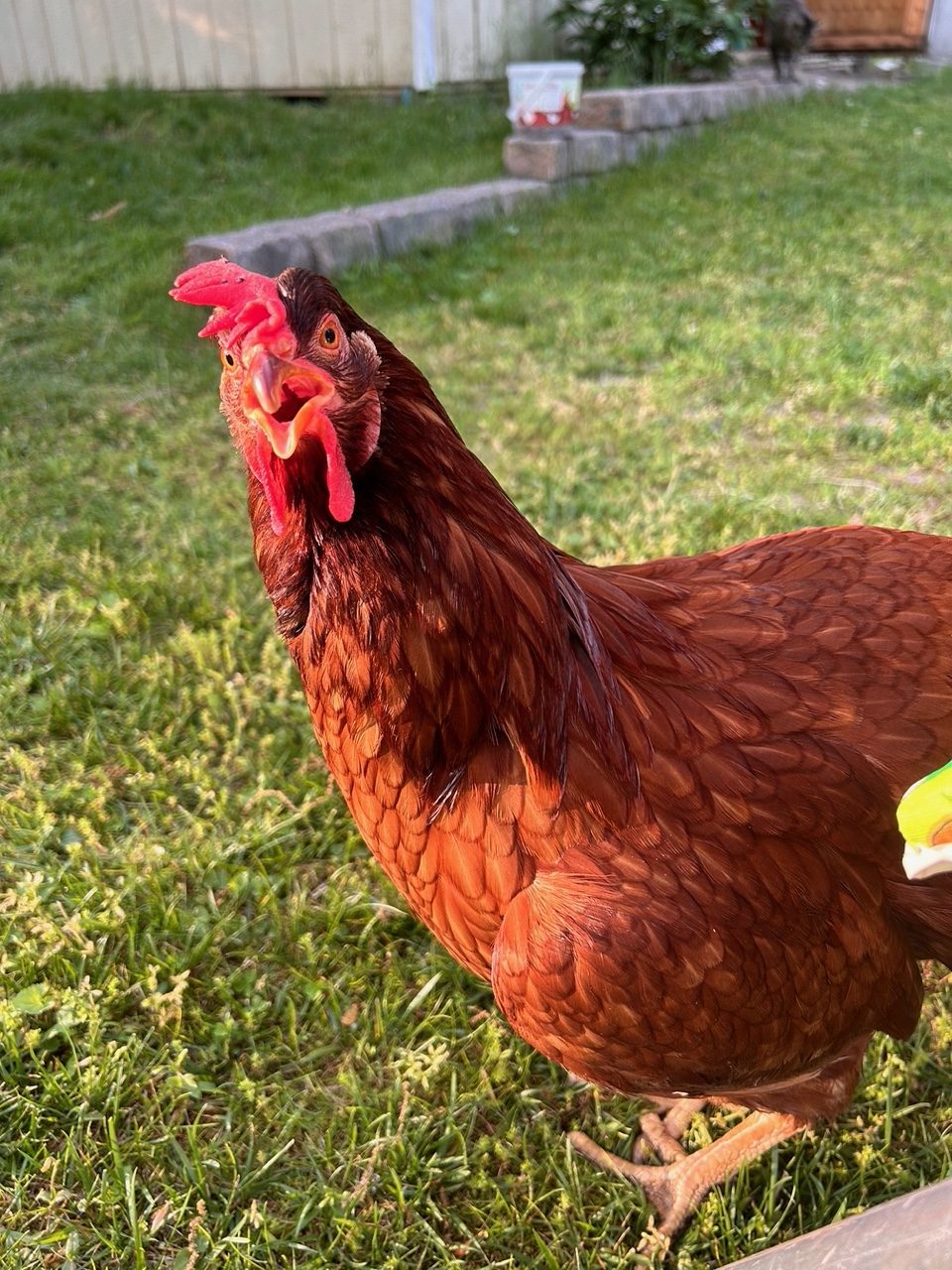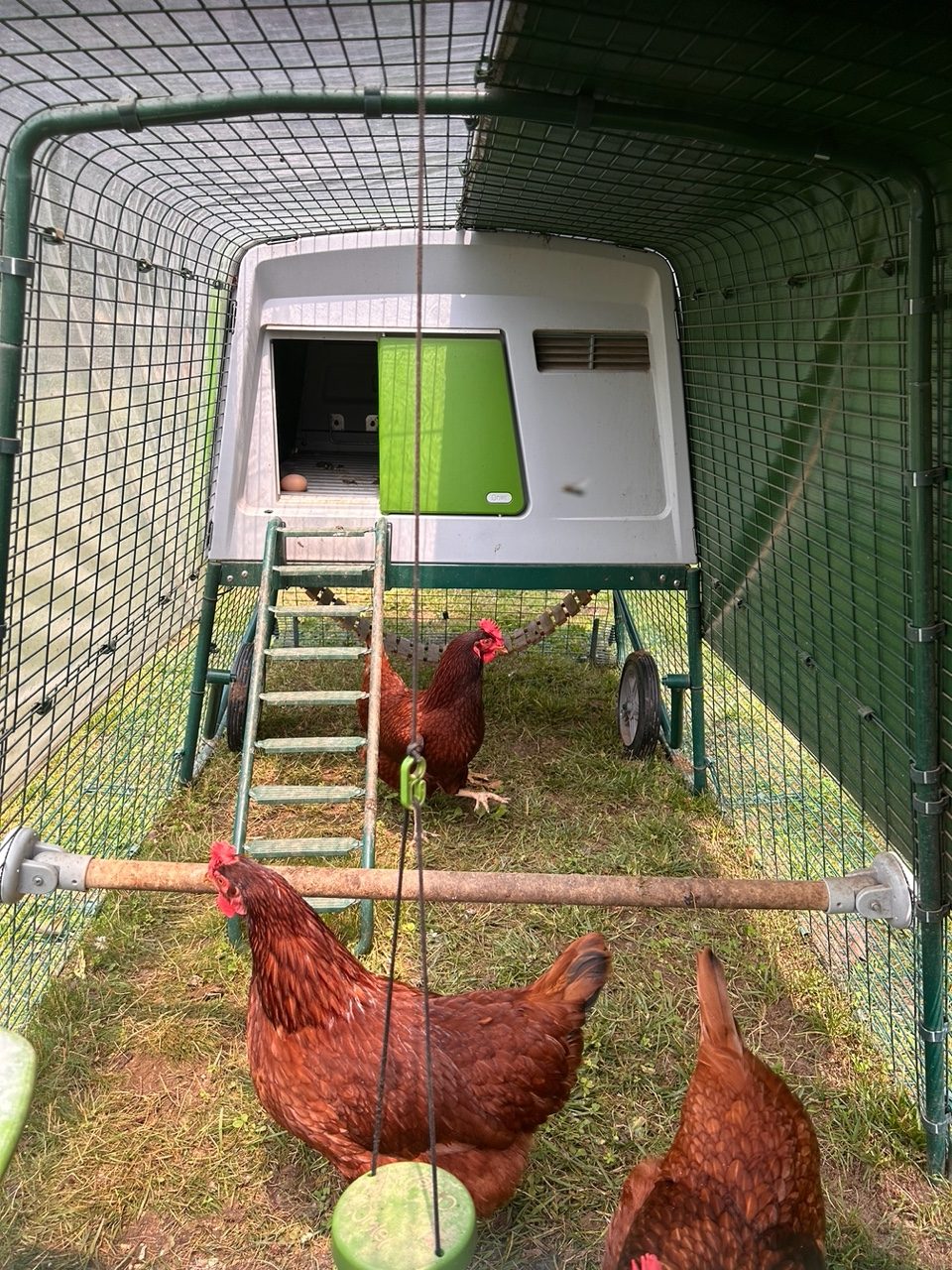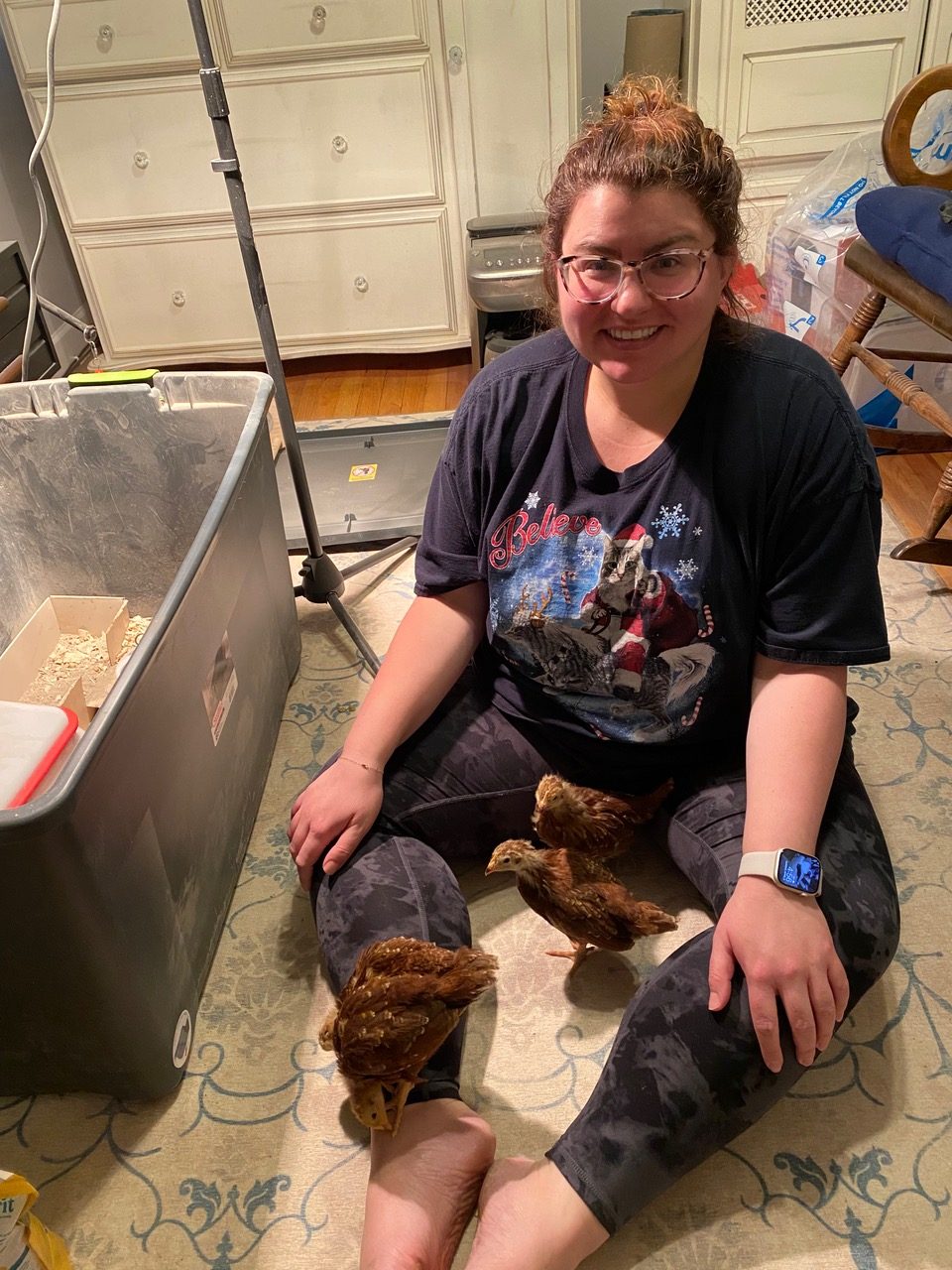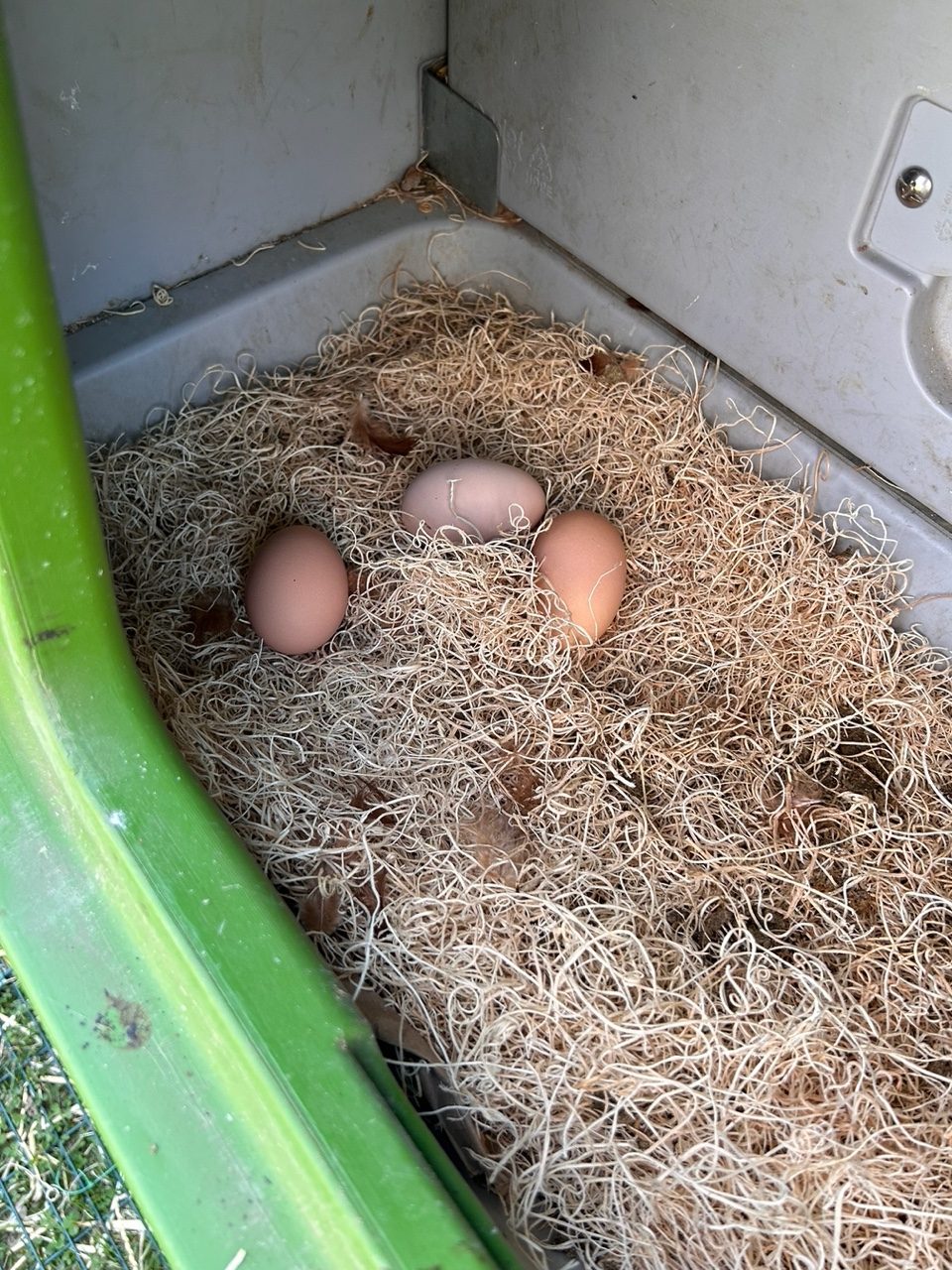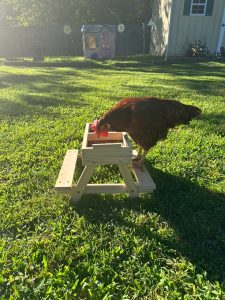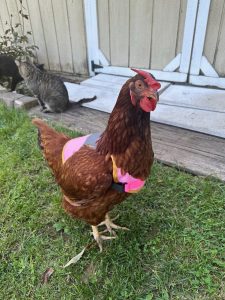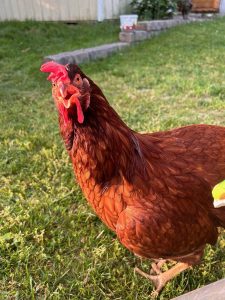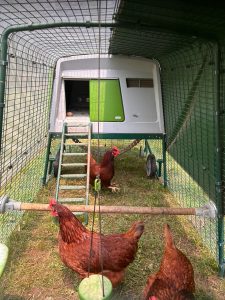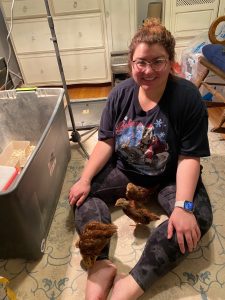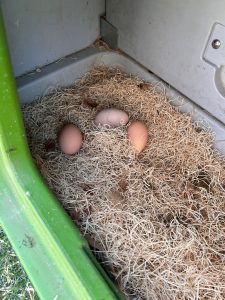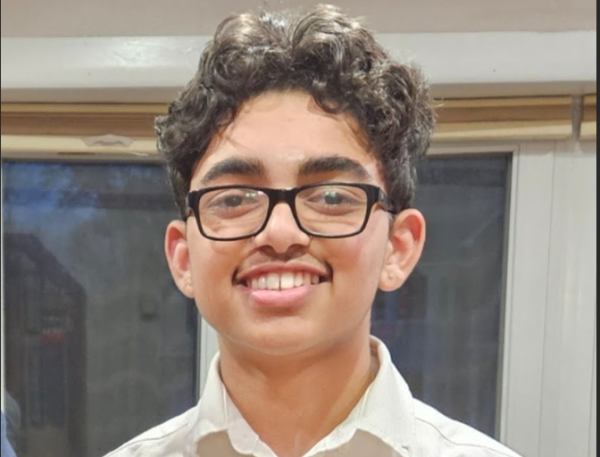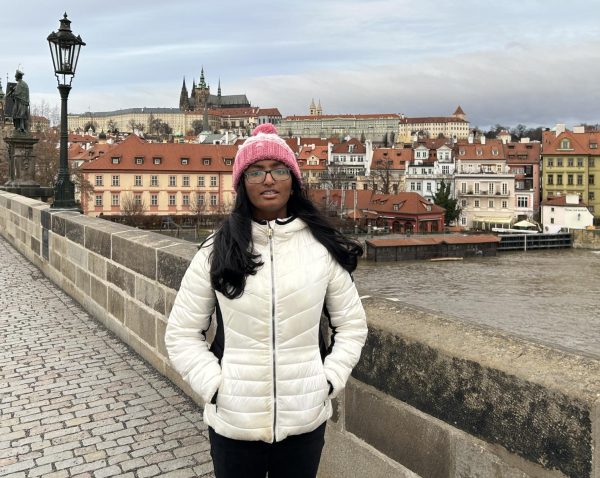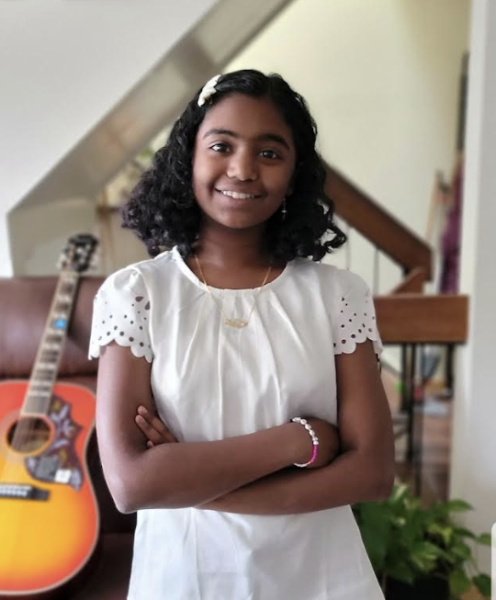Mr. Andrew Jaworski, Guitar Ensemble and Music Tech teacher at Edison High, not only enjoys music at his leisure but also raises Rhode Island Red Chickens, which have turned out to be an integral part of his daily life.
His four chickens—named Sophia, Blanche, Dorothy, and Rose after the iconic women from Golden Girls, a 90s sitcom about four friends—contribute to Jaworski’s sustainable lifestyle by providing eggs daily.
Before purchasing these Rhode Island Reds, Jaworski did a lot of research on the necessary equipment and amount of space, making sure he did not jump into commitment too early. Jaworski describes the Rhode Island Reds as “self-sufficient,” as they don’t require much other than being let out. As such, they don’t interfere with his daily work routine as a teacher.
However, when the weather becomes extreme, Jaworski faces a challenge. Although the chickens can survive in low temperatures, Jaworski must warm the chickens’ water using a bird bath heater. On the other hand, on days of scorching heat, Jaworski usually provides the chickens with ice water or mists them in order to cool them down.
A typical day for the chickens starts by waking up around sunrise and being let out for sunlight and fresh air. Jaworkski then feeds them: The chickens usually eat grains, vegetables, and scraps; they also love to eat foods like spinach, kale, lettuce, and cabbage. He also collects their eggs and allows them to run free in the yard. At night, he repeats the routine, puts food out for the next morning, and places them inside a coop for protection from predators.
According to Jaworski, each of the chickens has their own personality. Some are more vocal than others, as seen through their clucking and squawking.
“I was always worried about the cats attacking them, but it turns out that the chickens are more aggressive than the cats,” said Jaworski. “Then cats will [go] up and try to say hi, and the chickens will peck at them and scare them away.”
By raising his chickens, Jaworski sources his own food and acknowledges the need for a more sustainable environment.
“[I was] trying to be more conscious of our health, our environment,” said Jaworki, “and more aware of where our food comes from in general.”






































